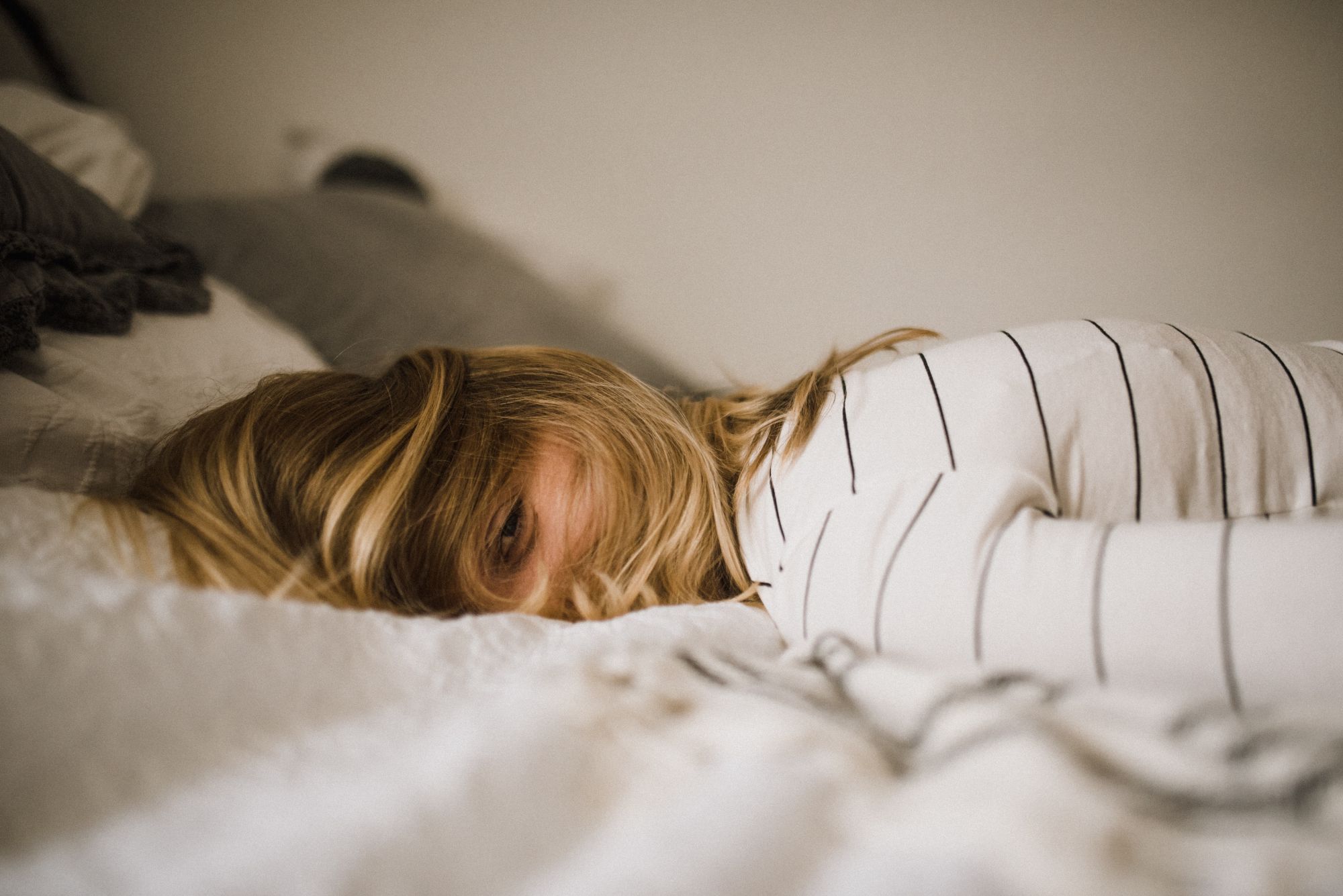Received wisdom says morning people are go-getters and late risers are lazy no-hopers. But what if going to bed in the small hours is actually an advantage?
The world is divided into two types of people. Those who, by 8am, have already gone for a 10km run and cleared their inbox. Or those who are blearily thinking about their first cup of coffee, while half-heartedly scrolling through Instagram from under the duvet. While the business world is largely set to the rhythms of early risers, whether you are a lark or a night owl depends on your genes—and increasingly, studies show that ignoring your natural sleep patterns can be dangerous to your mental health.
Today, early risers have a distinct advantage because they run on society’s schedule—meetings are far more likely to be scheduled for 9am, when larks are at their most productive, than at 6pm, when owls are firing on all cylinders. In a world that rewards morning people, late sleepers—who abide by the laws of their own bodies instead—are often maligned as lazy. As a result of their genetic advantage, early risers tend to be more punctual, get better marks in school and climb up the corporate ladder more easily. "Honestly, waking up early and getting stuff done before the working day has changed my life," says actor and Gen.T honouree Celina Jade. "That and exercising."
But if you’re at your best late in the afternoon, and find yourself meeting deadlines in a haze of midnight creativity, don’t worry—owls do also have a few advantages. Studies have found them to be cleverer, more creative and more consistent in their work than larks—but only if they’re allowed to work at their own rhythm.


